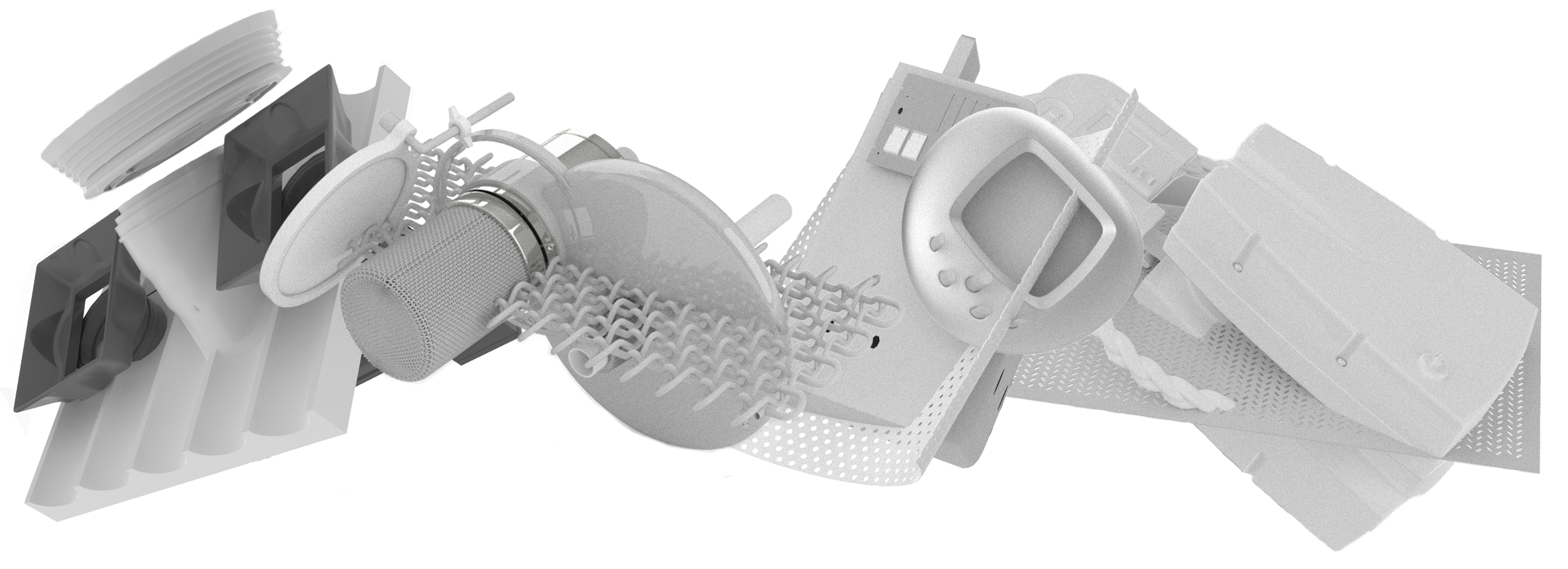Andrew Roberts, Brian Mackern, Tania Aedo
Modera: Sol Henaro
The digital forum Bits Before the Law will follow up on the experiences and conversations of the international encounter. At what historic moment do we find ourselves with regard to copyright? Faced with the extreme monopolization of content, how can we advance on an agenda of shared rights? Besides addressing these questions, the participants will discuss perspectives on the future of digital rights and the particularities they present for art collections. This forum will include the panels Art, Law and Digital Preservation, coordinated by Renato González Mello from the UNAM Institute of Aesthetic Research, and Preservation and Heritage Before the Algorithm, coordinated by Alberto Castro from the UNAM Institute of Bibliographic Research.
Organizer: Renato González Mello (IIE, UNAM)
Organizer: Alberto Castro (IIB, UNAM)
¿Qué resguardamos? ¿Archivos, memorias, patrimonio, cifras? A partir de estas interrogantes, los participantes conversarán en torno a la preservación y la relación que mantienen con sus propios proyectos y prácticas artísticas.
En este sentido, compartirán estrategias que han seguido tanto en la coyuntura actual como en el momento de emergencia de las llamadas “nuevas tecnologías”, surgidas a partir de los años noventa. Los ponentes pondrán especial énfasis en los retos que han enfrentado para la recuperación, preservación y difusión de esas primeras prácticas de arte y medios digitales.

Al centro de mi historia familiar yace una coincidencia que tiene su origen en la guerra. En 1968, mientras mi abuelo materno, Pedro Barrios, trabajaba fabricando balas para Remington en las afueras de Cuernavaca, mi abuelo paterno, Samuel Roberts, luchó en la guerra de Vietnam utilizando armamento de la misma compañía. Décadas después, mi abuelo materno perdió su fábrica en un incendio ocasionado por químicos explosivos, y mi abuelo paterno —víctima de un deterioro mental ocasionado por sus años como militar— incendió su casa hasta las ruinas con el fallido intento de asesinar a mi familia. Eventualmente, mi abuelo materno reconstruyó su fábrica ubicada en Tijuana, donde ahora se producen partes mecánicas para aviones del ejército estadounidense al otro lado de la frontera, y en cuanto a mi abuelo paterno, pasó su vida adulta en un asilo para veteranos hasta morir. Manifiesto armamentista parte de mis abuelos como dos figuras paralelas en la industria de las armas —el fabricante y el ejecutante, o el ingeniero y el soldado— para investigar, desmantelar y analizar críticamente la gran narrativa de la guerra atravesada y reconstruida por el relato personal en un complejo entramado de relaciones afectivas, políticas de salud mental, migración laboral, tecnologías de guerra y mercado transfronterizo.

Mackern lleva adelante el proyecto AR(t)CHIVES de recuperación de piezas de net.art de los años noventa. Entre las obras recuperadas se encuentran Loop (1999), de Alejandro Sequeira; sitios, de Alcides Martinez Portillo (1995-2000), y obras propias del artista, entre otras. Su última recuperación y reconstrucción fue Epithelia (1999), de la artista argentina Mariela Yeregui, una pieza emblemática que estaba perdida y que fue exhibida, junto a otra importante obra de Mackern, la Netart latino database (1999-2004), en el New Museum de Nueva York, en una antología de obras de net.art curada por Rhizome llamada "The Art Happens Here: Net Art’s Archival Poetics" (2019). http://netart.org.uy/

Con la idea de reflexionar acerca del rol de la curaduría en la memoria de los cruces entre arte, ciencia y tecnología, en esta presentación Tania Aedo compartirá, a manera de unboxing y navegación guiada, dos proyectos que están conformados por un libro, una exposición y un archivo digital: “(Ready) Media: hacia una arqueología de los medios y la invención en México” (2010) y “Modos de oír. Una heterofonía sobre arte y sonido en México” (2019).


